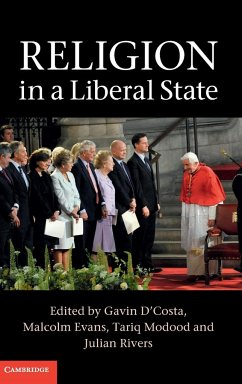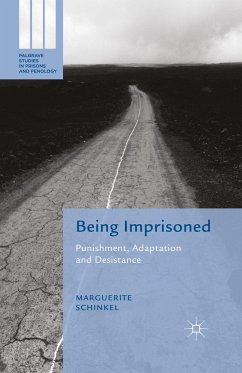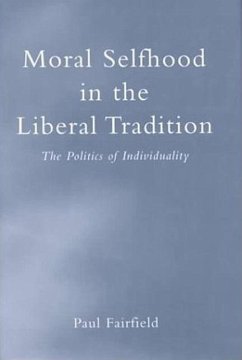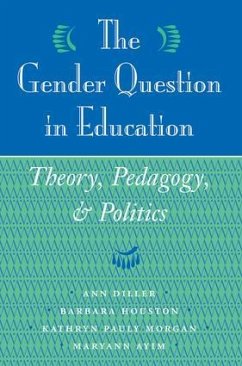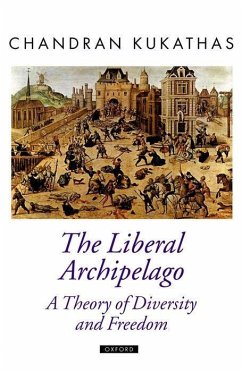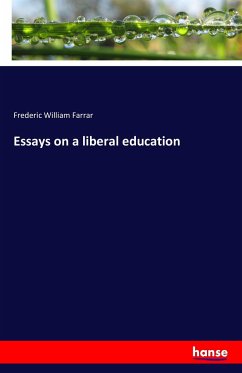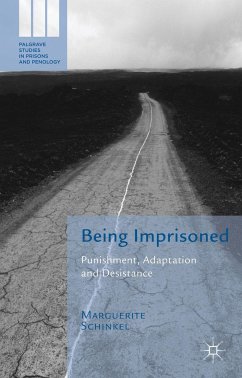
Liberal State and Criminal Sanction
Seeking Justice and Civility
Versandkostenfrei!
Versandfertig in 1-2 Wochen
97,99 €
inkl. MwSt.
Weitere Ausgaben:

PAYBACK Punkte
49 °P sammeln!
In a liberal democracy, theory suggests that the political order and character of a civil society are closely connected: the political order allows for a dynamic and pluralistic civil society, and people's civic participation encourages support for the political order. In examining the role of punishment in the U.S. and the U.K., however, Jonathan Jacobs maintains that the current state of incarceration is antithetical to the principles of a liberal democracy and betrays an abandonment of that project's essential values. The existing system imposes harsh injustices on incarcerated people: it s...
In a liberal democracy, theory suggests that the political order and character of a civil society are closely connected: the political order allows for a dynamic and pluralistic civil society, and people's civic participation encourages support for the political order. In examining the role of punishment in the U.S. and the U.K., however, Jonathan Jacobs maintains that the current state of incarceration is antithetical to the principles of a liberal democracy and betrays an abandonment of that project's essential values. The existing system imposes harsh injustices on incarcerated people: it subjects them to inhumane prison conditions, creates numerous obstacles that block their reentry into society upon release, and erodes their capacity to participate in civic life and exercise individual moral agency. And in recent decades, the number of its people that the U.S. has incarcerated has grown dramatically. Jacobs engages with substantial philosophical literature to argue that necessary and significant reforms to the U.S. and U.K. criminal justice systems demand a serious recommitment to the values and principles of a liberal democracy. Topics include the justification and aims of punishment, the role of criminal justice within theories of a just society, and empirical considerations regarding long-term incarceration and its impact. By comprehensively exploring the relationship between criminal justice and justice, he highlights distinctive elements of criminal justice as the basis for a retributivist conception of punishment that highlights desert and proportionality. Jacobs defends retributivism against familiar accusations that it approves vindictiveness and inevitably harms offenders, and shows how consequentialist approaches are seriously flawed. Drawing equally from both philosophy and criminology, Jacobs argues for a renewed dedication to the values and principles of a liberal democracy as critical to the possibility of criminal justice being truly just.




